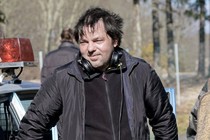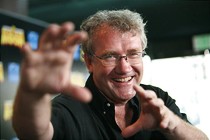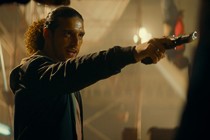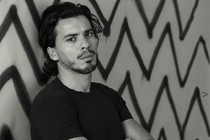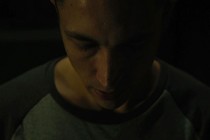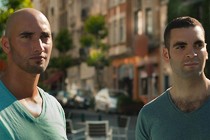The Marchers: A historical film that speaks in the present
- Halfway between a historic film and a present day tale, the second feature by Nabil Ben Yadir tells the story of an adventure filled with solidarity and a sadly biter tone.

October 15, 1983. In a popular neighbourhood of Marseilles, a dozen people, from very different backgrounds, have decided to cross France on foot. At the origin of this march, the attack a few weeks earlier of Mohamed, a victim of police brutality in his neighbourhood of Les Minguettes in Lyon, during a sadly all too usual night. Mohamed and his friends Farid and Sylvain, with the help of Christian’s father, and inspired by the non-violent protests of Gandhi and Martin Luther King, decide to show themselves, in a pacific and slightly naïve way, to a country plagued by latent racism which refuses to see them. Behind this process of self-affirmation, political claims start to emerge, such as the creation of a residency and work permit valid for ten years. The youth from Les Minguettes are joined by an increasingly large crowd, until their arrival in Paris, where they are met by over 100,000 people.
Mindful of detaching themselves from the "real" heroes in order to refocus the story around a dozen characters, Nabil Ben Yadir and Nadia Lakhdar, the co-screenwriter behind the project The Marchers [+see also:
trailer
interview: Nabil Ben Yadir
film profile], managed to find a delicate balance between group dynamics and the personal motivations of each walker, successfully mastering the fine art of ensemble films. Fluidly developing the genre’s imposed characteristics (each character has his own moment of glory), they generously make use of a very heterogeneous cast that blends true revelations (Tewfik Jellab and M’Barek Belkouk), experienced actors (Olivier Gourmet and Philippe Nahon, as well as Simon Abkarian and Corinne Masiero), with the young generation of French cinema (Vincent Rottiers, Hafsia Herzi, Malik Zidi and the unexpected Charlotte Le Bon). Whilst respecting the great History, Ben Yadir and Lakhdar managed to tell the tale of the small stories that humanize the historical exercise.
Throughout nearly every minute of the film, the poisonous climate, racial insults and the marchers’ claims are echoed in the news in a troubling fashion. It is actually this constant back and forth between the historic facts exposed in the film and the dialogue that is built with the contemporary reality that gives the film its strength, but also a certain aura of failure and spite in the face of the naivety and enthusiasm that drive the characters. 30 years later, what has changed? The priest played by Olivier Gourmet regrets that the hearts of the people have shut down because they are tired of hearing about the crisis and delinquency, and that children are being stigmatized because they come from bad neighbourhoods and people believe they are dangerous. It is difficult to know if it’s the character speaking or if the authors are commenting on the present. Finally, the demonstration of national solidarity and the political response that ends the adventure leave a bitter taste in the audience’s mouth, as if all the energy deployed 30 years ago had hardly made an impression on History. Between disenchantment and the salutary reminder of the weight of solidarity and citizens’ initiatives, The Marchers efficiently and lightly illustrates a page of French History that had been forgotten.
Did you enjoy reading this article? Please subscribe to our newsletter to receive more stories like this directly in your inbox.















